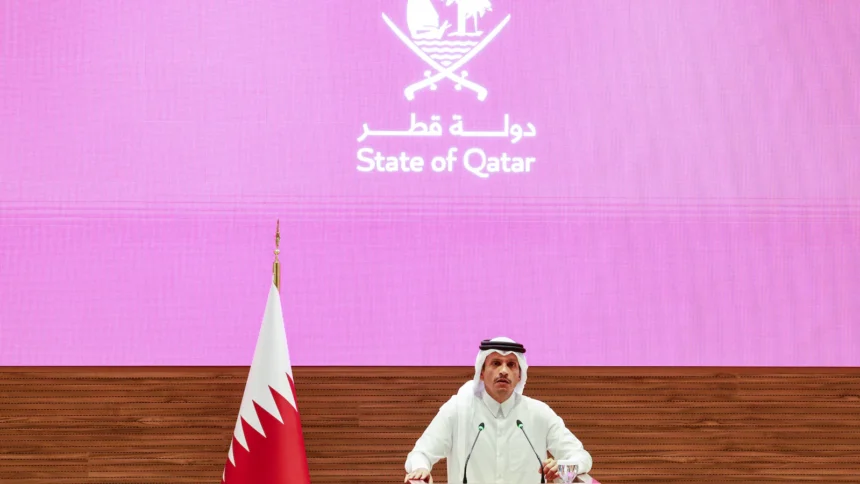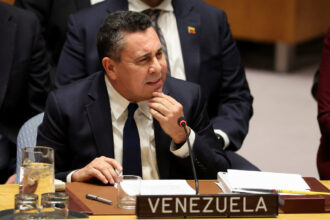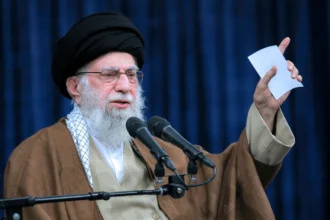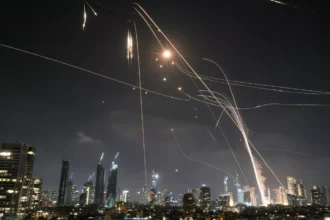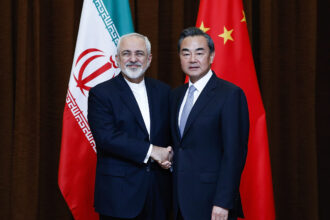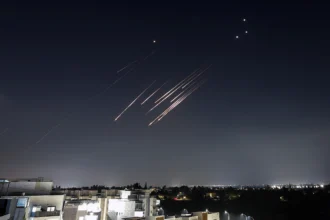An Israeli airstrike in Qatar has sent shockwaves through ongoing Gaza truce negotiations, complicating diplomatic efforts and raising tensions with Gulf Arab states. The strike, which Israel described as a targeted response to security threats, has been widely condemned by regional actors and threatens to undermine months of delicate negotiations aimed at stabilizing Gaza.
The Strike and Its Immediate Impact
The Israeli military confirmed the strike, asserting that it targeted a specific militant network allegedly coordinating attacks on Israel. While casualties have not been fully disclosed, the operation has already triggered:
- Suspension of Gaza Truce Talks – Negotiations mediated by Qatar and other regional players were abruptly halted.
- Condemnation from Gulf States – Several Arab nations, including Qatar, expressed outrage, warning that such unilateral action could destabilize the region.
- Heightened Security Alerts – Israel and neighboring states have increased military readiness in anticipation of retaliatory actions.
Diplomats report that the strike caught regional mediators by surprise, complicating months of behind-the-scenes efforts to broker a sustainable ceasefire between Israel and Hamas.
Diplomatic Fallout in the Gulf
The strike has added new friction to Israel’s recently improving ties with Gulf Arab states:
- Qatar’s Role – Qatar has long acted as a mediator between Israel and Gaza, providing channels for negotiations and humanitarian aid. The attack undermines its credibility and may limit its future influence.
- Broader Gulf Reaction – Nations like Saudi Arabia, the United Arab Emirates, and Kuwait have expressed concern, signaling that Israel’s actions could slow normalization efforts and complicate broader regional diplomacy.
- Trust Deficit – The operation has highlighted the fragile nature of Israel’s Gulf partnerships, where security coordination and political cooperation require careful calibration.
Gaza Truce Talks at Risk
The Gaza truce talks, which aimed to ease tensions and address humanitarian concerns, are now in jeopardy:
- Humanitarian Impact – Aid deliveries and reconstruction projects coordinated through Qatar may face delays.
- Political Consequences – Hamas officials warned that unilateral Israeli actions could derail negotiations entirelyand increase hostilities along the border.
- International Concern – The United Nations and European countries have called for restraint, emphasizing the importance of dialogue and adherence to international norms.
Observers warn that even short-term setbacks could escalate into broader regional instability, particularly if retaliatory attacks or miscalculations occur.
Israel’s Security Justification
Israel has defended the strike as necessary to protect its citizens:
- Officials cited intelligence reports indicating imminent threats emanating from networks linked to Gaza.
- Military sources emphasized that the strike was precisely targeted and designed to minimize collateral damage.
- Jerusalem maintains that security imperatives sometimes necessitate rapid action, even at the risk of diplomatic tensions.
Broader Regional Implications
The attack underscores the complexity of Middle East diplomacy, where security actions, humanitarian concerns, and political alliances intersect:
- Fragile Gulf-Israel Relations – The strike may stall ongoing efforts to strengthen ties through trade, diplomacy, and security cooperation.
- Truce Negotiations – The risk of escalation in Gaza could reverse recent gains in conflict de-escalation.
- Influence of Mediators – Qatar’s ability to mediate may be compromised, affecting future negotiations between Israel and Palestinian factions.
- International Pressure – The global community may increase diplomatic efforts to prevent further escalation and preserve humanitarian channels.
Conclusion
The Israeli strike in Qatar has disrupted Gaza truce talks and strained fragile Gulf Arab relations, highlighting the delicate balance between security and diplomacy in the region. While Israel emphasizes its security prerogatives, the move complicates ongoing negotiations and risks undermining the credibility of key mediators.
As tensions rise, the coming weeks will be critical: whether diplomatic channels can recover and resume talks or whether unilateral military actions will dominate the regional agenda remains uncertain. The situation serves as a stark reminder of how quickly regional stability can be jeopardized by a single strike, even amidst ongoing peacemaking efforts.

